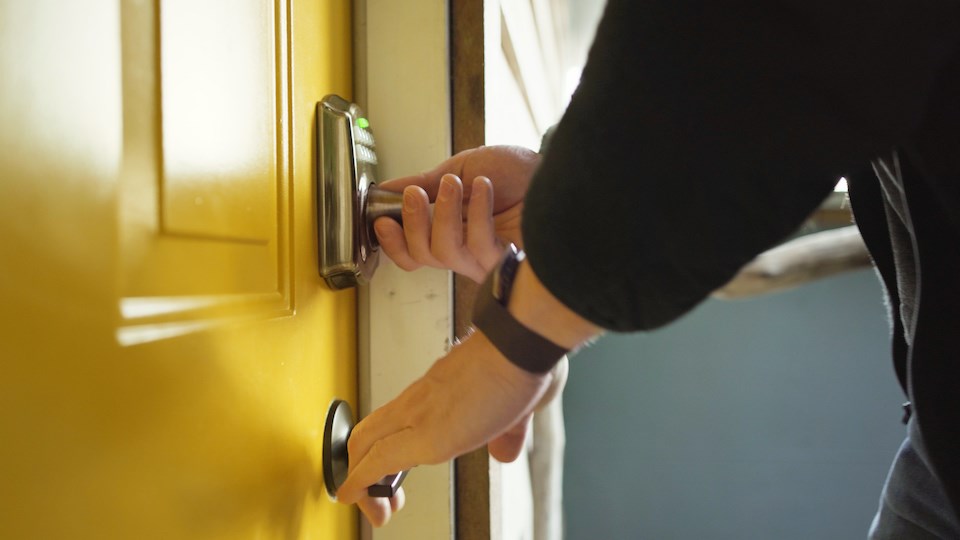Metro Vancouver has the highest rental prices in the country — and advocates say its most vulnerable tenants just had their rights scaled back.
The B.C. government amended the Residential Tenancy Regulation under the Residential Tenancy Act (RTA) to allow landlords to perform wellness checks on tenants who live in supportive housing and enact guest policies.
Rob Patterson, a lawyer with the Tenant Resource and Advisory Centre (TRAC), says the changes worsen restrictive living conditions for many vulnerable residents.
The subsection added to Section 2 of the RTA states that supportive housing rental units are exempt from providing tenants with the right to quiet enjoyment and the restrictions on a landlord's right to enter the rental unit. It also provides an exemption on the "tenant's right of access," meaning that the landlord can put rules in place for who the tenant may allow into the unit.
"The way the regulation is worded is they have no right to quiet enjoyment," Patterson tells V.I.A.
Previously, landlords had to give tenants at least 24-hour written notice before entering their dwelling unless it was for an emergency reason. Under the amended rules, landlords don't need to give tenants living in supportive housing any notice before they enter their unit.
Patterson says unexpected check-ins can cause distress for tenants, particularly when landlords make a habit of routinely entering their living space without warning.
The Ministry of Housing told V.I.A. that wellness checks allow a staff member to"establish a line of communication with a resident," confirm they are healthy, and get them emergency medical services if required.
The ministry added that wellness checks have "become a life-saving tool" in situations where a resident’s life may be at risk "at a time when the province is seeing drug overdose deaths due to the toxic drug supply."
'It is not any way to run dignified housing'
Patterson calls the ministry's reasoning "disingenuous," highlighting how wellness checks may not prevent overdose deaths. Instead, he says prohibiting guests may increase overdose deaths because people will use alone.
When B.C. decriminalized the personal use of small amounts of certain illegal drugs in January 2023, Minister of Mental Health and Addictions Jennifer Whiteside said criminalization "drives people to use alone" and that "using alone can be fatal."
Patterson adds that the chances of someone walking in during an overdose are slim. He argues that landlords or staff could arrange scheduled wellness checks with guests instead of just coming in and out to "build trust."
The previous rules also permitted landlords to enter rental units if they suspected an emergency, such as a fire or other major issue; they didn't need to amend the rules to allow unfettered access in places where problems were suspected, Patterson said.
"It is not any way to run dignified housing," he noted, adding that many supportive housing tenants have told him their living situation feels "carceral." Many tenants must be manually buzzed in by staff and are granted fewer overnight guests per year than prisoners in federal penitentiaries, he said.
While not all supportive housing is "run this way," Patterson says that the definition of "supportive housing" is vague and doesn't differentiate between "high risk" or "hard to house" tenants versus ones who may be in supportive housing for other reasons, including disabilities or old age.
And some landlords could characterize their housing units as "supportive" by offering a single housing support. This means tenants in some low-income housing could see their rights scaled back significantly, he adds.
"It's just such a massive bold step in the wrong direction."



